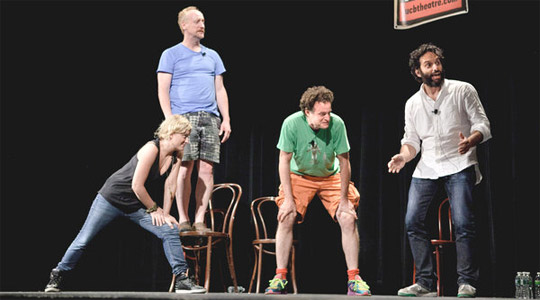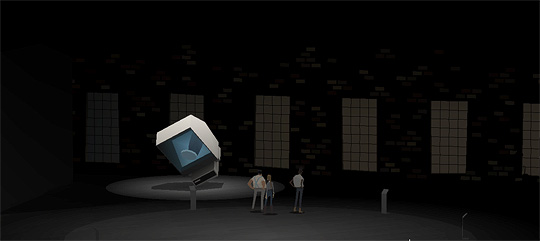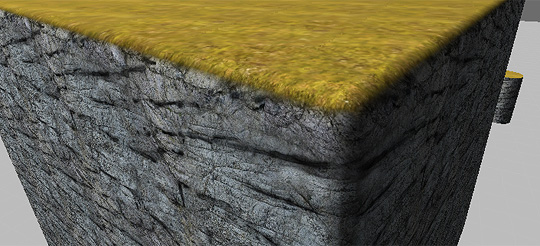
The current narrative systems prototype Shakespeare has been somewhat disappointing so far: the director switches, seemingly erratically, between 5-6 different plot threads, and nothing seems coherent. I need a way of (a) allowing the player to influence story pacing / scope, and (b) a way for the system to push back, to try to force some story pacing / scope.
For this, I'm looking at how improvisational comedy generates and upholds structure. You might've heard that improv is about "always saying yes," but there's a lot more to it, apparently.
Specifically, longform improv comedy involves actors cooperating to "find the game" -- to find the core of a joke. Each actor makes "offers" to expand upon a premise and move action forward, hopefully toward a funny destination, and usually, actors err on always accepting offers ("saying yes") and building upon it since "blocking" offers frustrates your scene partners. However, it's very possible to "say yes" to a premise while still "blocking" the "game."
Here's an explanation from an NYC improv comedy personality, Will Hines:



